
The Way We're Working Isn't Working
The Four Forgotten Needs That Energize Great Performance
Copyright © 2010 by Tony Schwartz. Reprinted by permission of Simon & Schuster, Inc.
ISBN: 9781439127667
Pages: 352
Recommendation
This is one of those rare books that details the wrong ways you’re working without making you feel that the situation is hopelessly complex or beyond repair. Tony Schwartz (writing with Jean Gomes and Catherine McCarthy) offers interesting, practical advice to employers and employees alike on how to banish that “gerbil on a treadmill” feeling forever. With case studies from such companies as Ford, Sony and Ernst & Young, as well as helpful charts, graphs and exercises, this highly readable manual will make you think twice about how you and your employees work. Although it mentions lots of insider human resources (HR) methodologies – such as the ones in Gallup’s employee engagement surveys – the book never bogs down in jargon. However, the author may need to revise and update it in a few years as the workplace becomes increasingly dependent upon technology. getAbstract suggests this book to frustrated leaders, HR practitioners, overwhelmed employees and anyone who wants more control over his or her working and personal life.
Summary
About the Authors
Tony Schwartz is founder and president of The Energy Project, which helps people achieve high performance. Jean Gomes is its chairman and Catherine McCarthy is its COO. Schwartz also wrote The Power of Full Engagement and What Really Matters. A former New York Times reporter and Newsweek editor, he is the co-author of The Art of the Deal with Donald Trump.









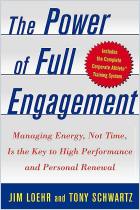
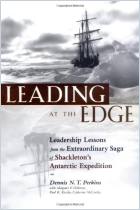
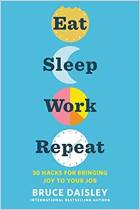
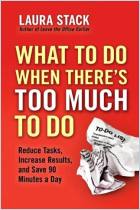
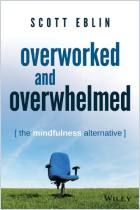
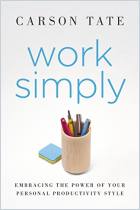
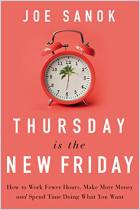
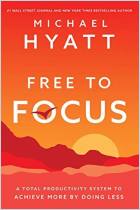


Comment on this summary